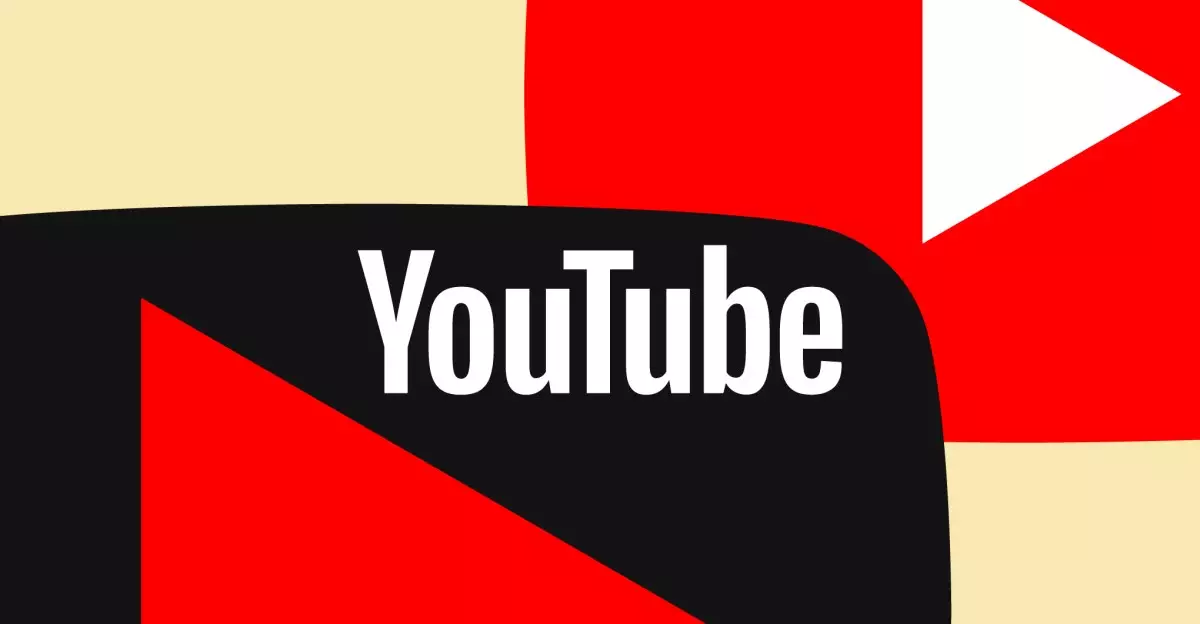The digital landscape of streaming services is an ever-evolving arena, with providers constantly adjusting their offerings to compete with one another. Recently, YouTube announced a significant development in its relationship with Paramount, a move that not only reassures viewers of popular programming but also raises questions about future pricing structures.
In the world of streaming, content is king. The loss of key channels like CBS and CBS Sports could have drastically altered YouTube’s competitive position in the market. These networks are not merely entertainment sources; they carry essential programming that appeals to a wide audience, from sports enthusiasts to children. Following a blog post indicating a potential loss of Paramount content, YouTube swiftly acted to secure its continuance. This decision demonstrates the company’s understanding of the realities of viewer loyalty and content availability, signaling a commitment to retaining valuable partnerships that enhance their platform.
YouTube’s initial announcement of a potential content loss was accompanied by an offer of an $8 credit for subscribers should Paramount content become unavailable. This gesture, though seemingly client-friendly, highlighted the uncertainties surrounding streaming agreements and the growing tension between content providers and platforms. However, the subsequent deal reinforced YouTube’s strategic direction, presenting a stable option for subscribers who rely on channels like Nickelodeon, CBS, and Paramount Plus. How does this impact the everyday viewer? It alleviates immediate concerns about missing out on beloved shows or sports events that are integral to many viewing habits.
Despite this favorable outcome, questions about potential price hikes remain prevalent. After increasing its monthly subscription cost to $82.99 in December, YouTube has been cautious in addressing whether the new deal with Paramount will influence future pricing. They have assured subscribers via their TeamYouTube account that they will communicate any changes ahead of time. This transparency is crucial in an era where consumers are already feeling the pinch from rising costs across various sectors. Understanding viewers’ willingness to pay for content is essential, and the balance between maintaining profitability and subscriber satisfaction is a tightrope that many streaming services must navigate.
As YouTube continues to solidify its standing in the competitive streaming landscape, the latest deal with Paramount serves not only as a reassurance for subscribers but as a strategic maneuver to enhance its market share. By retaining popular channels and content, YouTube positions itself as a viable alternative to traditional cable TV and other streaming competitors. The ongoing evolution of these relationships will undoubtedly shape the user experience in the coming months and years. In a digital era defined by rapid changes and fierce competition, the ability of platforms like YouTube to balance content availability with subscriber costs will be crucial for their long-term success.
YouTube’s management of its deals reflects broader trends within the streaming industry, where content ownership and accessibility are pivotal for attracting and retaining subscribers. Whether this newly secured content will translate into a more stable subscription experience remains to be seen, but it undoubtedly illustrates the importance of adaptability in the fast-paced world of digital entertainment.

